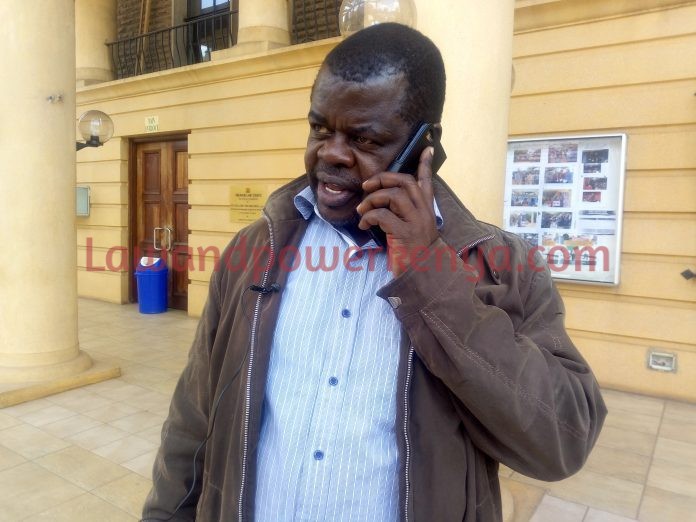The High court has suspended a multi-billion shillings tender for license plates production facility and start-up raw materials.
Justice James Makau issued a temporary order suspending the restricted tender for supply, delivery, installation, testing, training and commissioning of integrated and securitized license plates production facility and start-up raw materials.
“An interim order is hereby issued suspending the restricted tender No. SDC/50/2019-2020, for supply, delivery, installation, testing, training and commissioning of integrated and securitized license plates production facility and start-up raw materials pending the hearing and determination of the petition,” the judge ruled.
In his petition, Activist Okiyah Omtata argues that the tender is unreasonable and wasteful to the extent that it seeks to procure an entire production plant whose installed capacity will never be utilized, while abandoning fully serviceable new machinery lying idle at Kamiti Prison and waiting to be rolled out which the Government acquired between 2013 and 2015 at more than one billion shillings.
According to the activist, the secretive tender whose closing and opening date was 7th August 2020, is currently under evaluation and it can be awarded any time.
“I am aware that the decision to abandon the already procured equipment and materials, which are lying idle at Kamiti Prison and to initiate the impugned procurement, follows the change of guard in the Ministry of Interior in July 2018 and suspects that in deciding to procure the unviable plant, the new sheriffs in town are acting fraudulently in self-interest, and against the public interest, by secretly abandoning the earlier procurements cited above,” says Omtata.
The petitioner argues that since an entry level automated blank number plate production plant would be required to produce at least 800,000 blank number plates per month to break even, it is unviable for Kenya, whose annual vehicle registration does not exceed 400,000 units, to purchase it.










